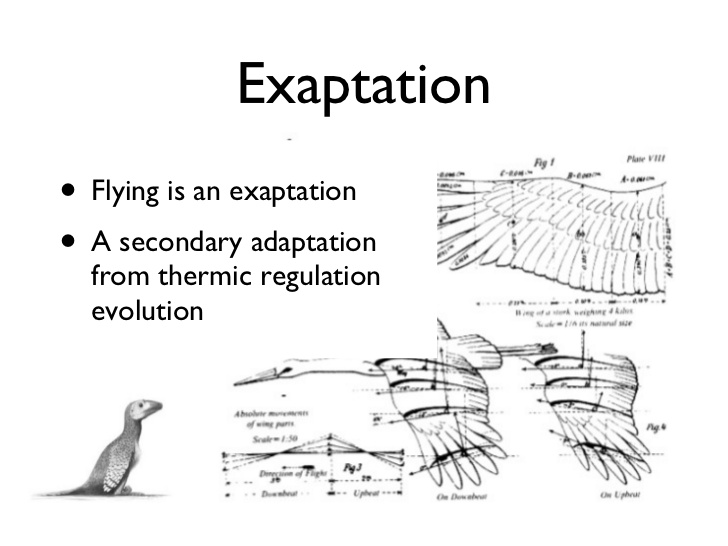Introduction
In the realm of decision-making, the concept of exaptation introduces a fascinating mental model. Exaptation refers to the process where a trait or feature, originally evolved for one purpose, is repurposed for a completely different function. This model has profound relevance as it challenges our traditional notions of adaptation and opens up new avenues for innovative thinking. Anchored in human psychology, exaptation pervades our daily lives, impacting personal choices, business strategies, and even public policy-making.
Defining Exaptation and Its Relevance in Decision-Making
Exaptation is the phenomenon where a pre-existing trait or characteristic is co-opted for a new purpose unrelated to its original function. It highlights the potential for serendipity and unexpected opportunities for innovation. In decision-making, exaptation encourages individuals and groups to explore unconventional uses and repurposing of existing resources, leading to creative solutions and transformative outcomes. Understanding and embracing exaptation can spur breakthrough ideas and challenge conventional thinking.
Examples of Exaptation in Various Contexts
- Personal Life Decisions: Consider an individual who has a background in engineering but discovers a passion for writing. By leveraging their analytical skills, attention to detail, and problem-solving abilities acquired in their engineering career, they exapt their abilities to become a successful technical writer. This unexpected repurposing of skills results in a fulfilling and rewarding career change.
- Business Scenarios: In the business world, companies often discover new market opportunities by exapting their existing products or services. For example, a company that initially produces smartphone components realizes the potential for their technology in the automotive industry. By repurposing their expertise and resources, they enter the market for smart car systems, tapping into a previously untapped segment.
- Public Policy-Making: Governments can exapt policies and initiatives to address emerging societal challenges. For instance, in response to the COVID-19 pandemic, many countries exapted their existing disaster management frameworks to effectively handle public health crises. They repurposed resources, infrastructure, and expertise to implement testing, contact tracing, and vaccination campaigns.
Mental Biases and Psychological Underpinnings
Several cognitive biases contribute to the prevalence of exaptation. The Confirmation Bias may hinder individuals from recognizing the potential for exaptation as they tend to focus on confirming existing beliefs or ideas rather than exploring alternative uses or perspectives.
The Functional Fixedness bias restricts individuals to view objects or concepts only within their established functions, limiting their ability to envision creative adaptations or repurposing. It can inhibit the recognition of potential opportunities for exaptation.
Practical Strategies to Embrace Exaptation
- Cultivate Open-mindedness: Foster a mindset that embraces curiosity and openness to new possibilities. Challenge preconceived notions and resist the tendency to view objects, skills, or ideas in a fixed manner. Train yourself to seek alternative uses or functions for existing resources.
- Encourage Diverse Perspectives: Engage with individuals from different backgrounds and fields of expertise. Collaborate with interdisciplinary teams to leverage diverse knowledge and experiences, which can inspire innovative connections and exaptation opportunities.
- Embrace Serendipity: Be receptive to unexpected events or discoveries that may lead to exaptation opportunities. Embrace flexibility and adaptability to recognize and capitalize on these serendipitous moments. Maintain a mindset that welcomes surprises and sees them as potential catalysts for novel solutions.
- Encourage Experimentation: Provide a supportive environment that encourages experimentation and risk-taking. Create space for individuals and teams to explore new possibilities, repurpose resources, and test unconventional approaches. Celebrate failures as learning experiences and stepping stones to exaptation success.
Conclusion
Exaptation challenges the limitations of traditional adaptation and fosters a mindset of exploration, innovation, and repurposing. By recognizing the potential for unexpected opportunities, we can break free from conventional thinking patterns and unlock transformative solutions. Embracing open-mindedness, seeking diverse perspectives, cultivating serendipity, and encouraging experimentation are key strategies to harness the power of exaptation. Awareness and active avoidance of biases that hinder exaptation are crucial for individuals, businesses, and policymakers seeking to drive meaningful change and seize untapped potential.
